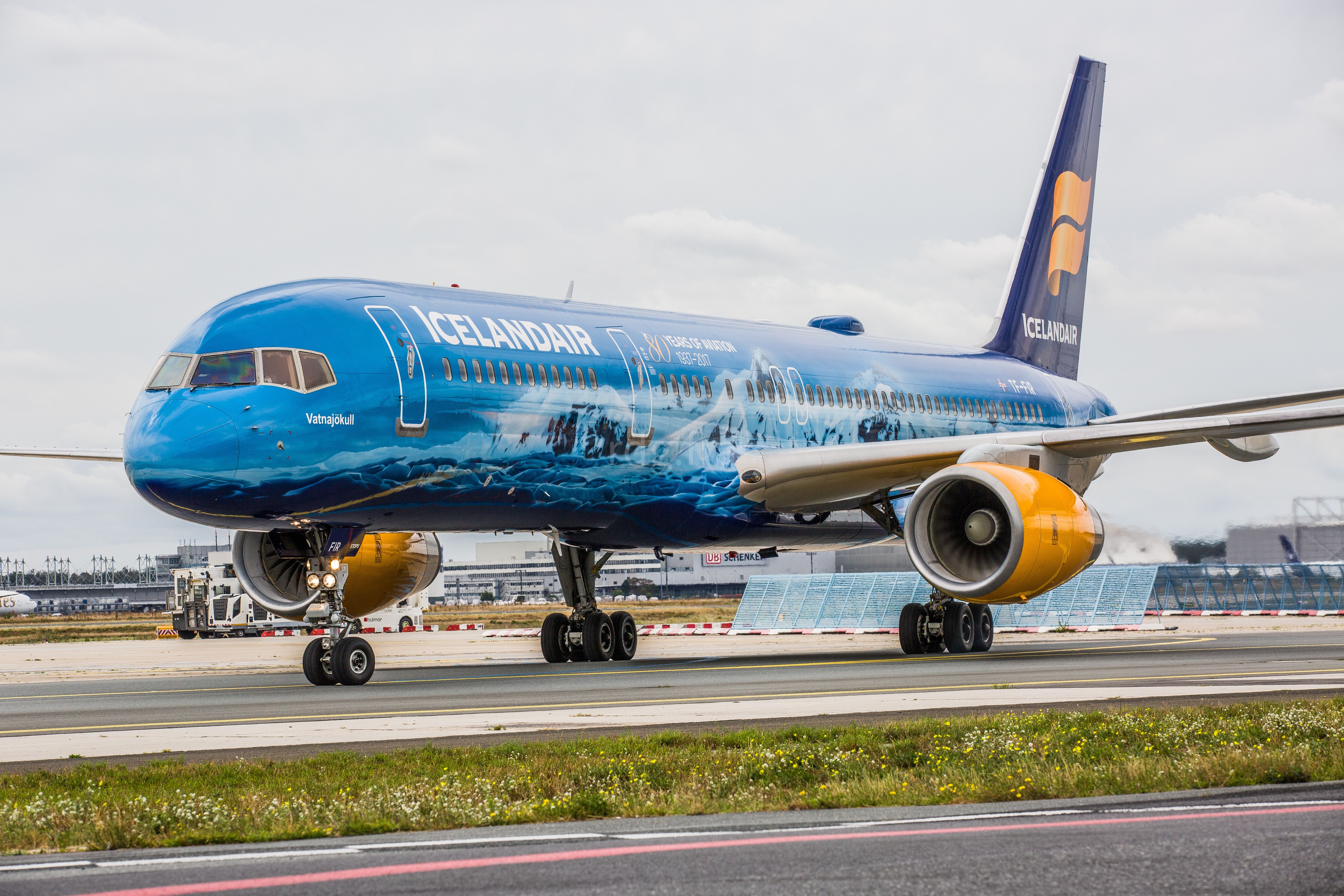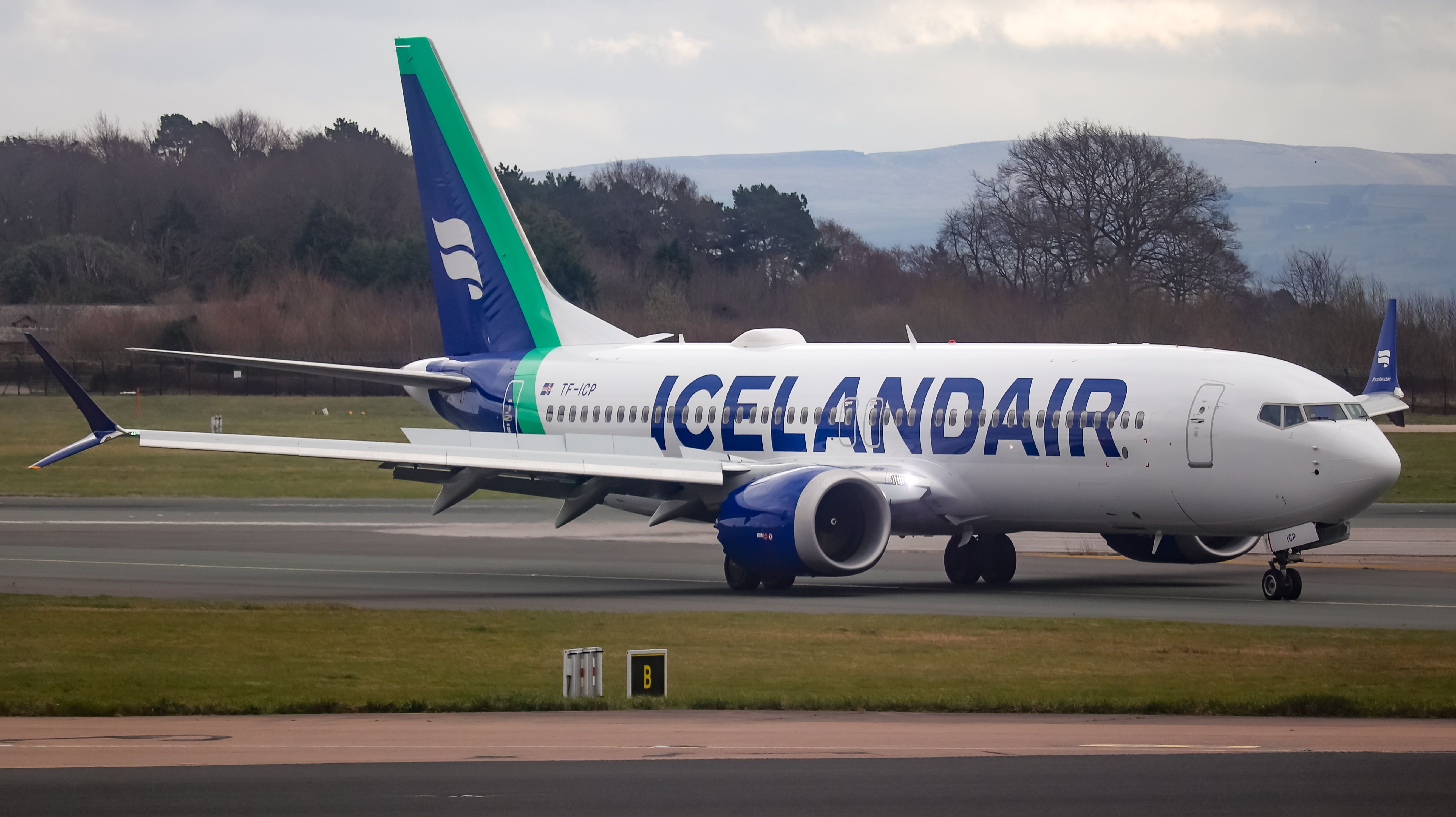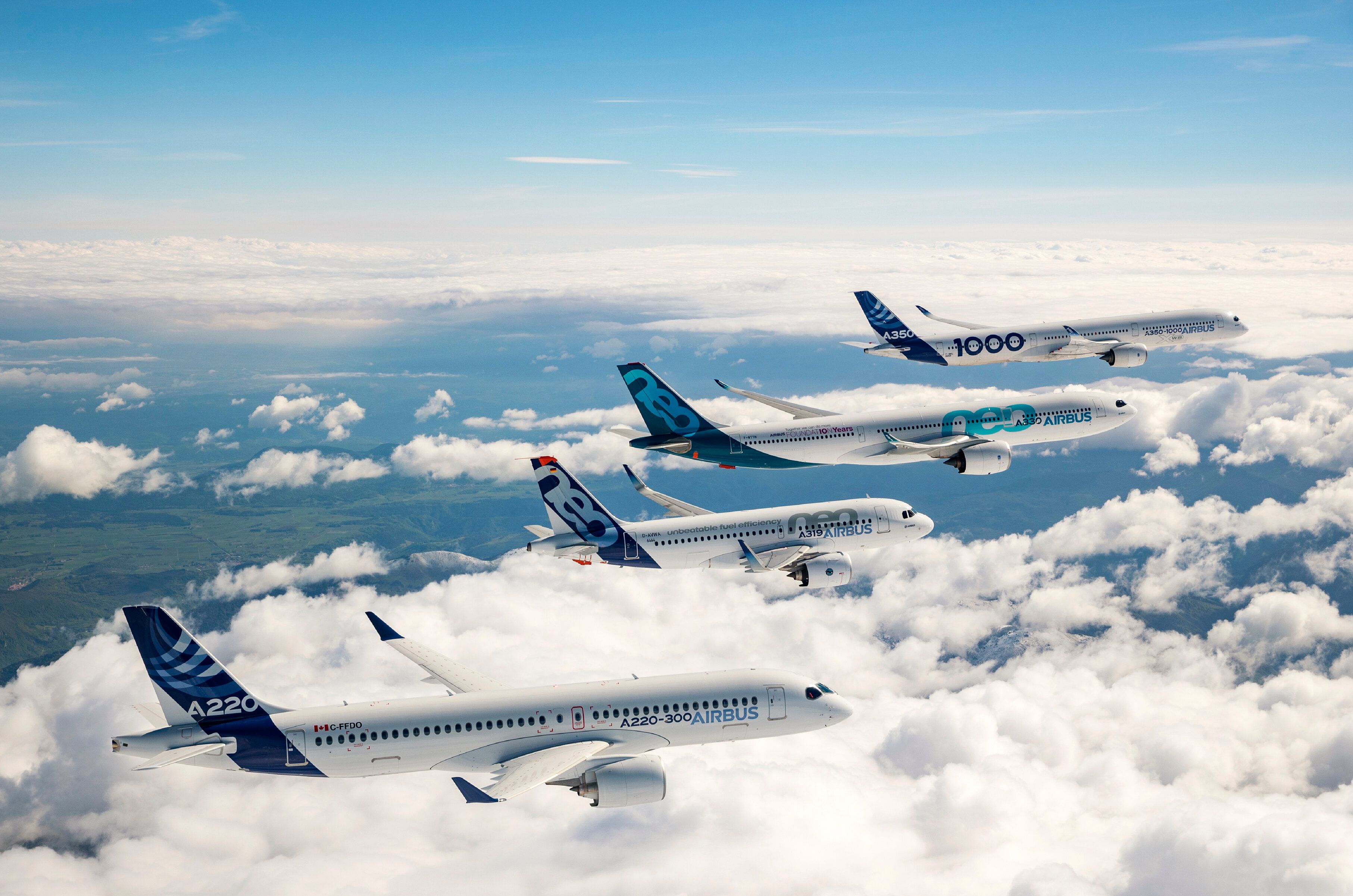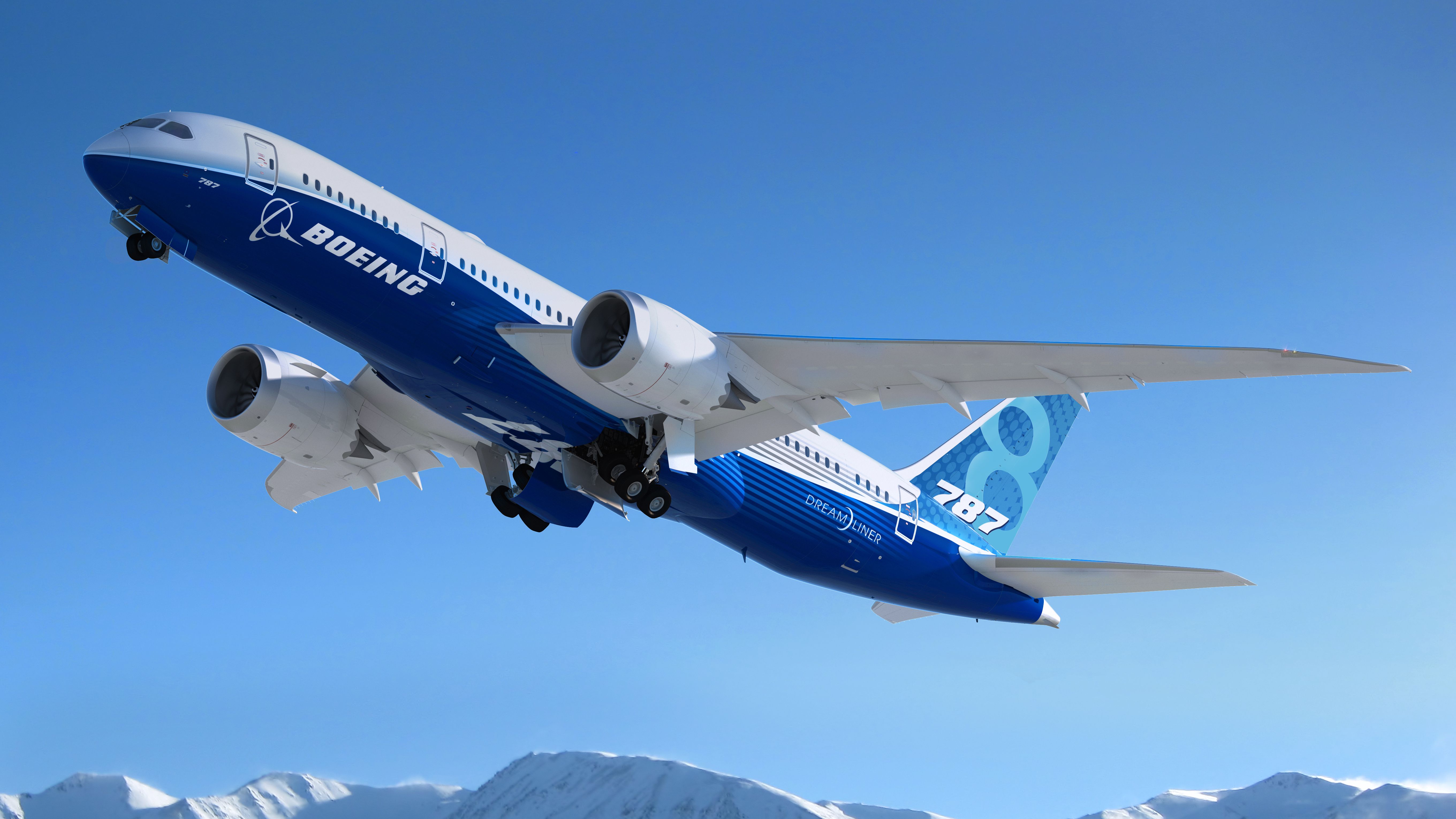Last fall, we highlighted how Icelandair was nearing a decision on how the airline would replace its aging Boeing 757 aircraft. Some months have now passed by, but the flag carrier of Iceland is yet to make an official announcement about its future fleet. Nonetheless, Simple Flying met with Icelandair President & CEO Bogi Nils Bogason to learn more about the decision-making process.
A word from the chief
During a roundtable with journalists at the Icelandair Mid-Atlantic 2023 Tradeshow in Reykjavík, Iceland, last week, Bogason explained why careful consideration is still in place when it comes to the future of its holdings. It's been no secret that Icelandair has been looking at 757 replacement options for a while. The plan is to stop flying the passenger units by approximately 2026. This is only three years away, but a long-term successor isn’t confirmed.
Still, there is a short-term solution In the form of the Boeing 737 MAX. Last summer, the airline operated 14 MAXs, and their presence will grow to 18 this summer. The type is currently split between 11 MAX 8s and four MAX 9s.
While the MAX is proving to be even more impressive than initially expected when it comes to range, it’s not a viable long-term solution as a 757 replacement. There would be a gap for the middle market that the 757 has been so excellent at catering to over the decades.
Get the latest aviation news straight to your inbox: Sign up for our newsletters today.
Expansion prospects
Asked whether Icelandair had been waiting for the rumored Boeing New Midsize Airplane (NMA) to be revealed as a suitable replacement, Bogason replied.
“We are not waiting for Boeing. We want to grow and develop our network. But the MAX is not going any further than Seattle and so on. In the past, we have flown to the likes of San Francisco along the West Coast. There are opportunities for us that the MAX can’t fulfill.”
Altogether, the MAX occasionally has to be replaced with a larger aircraft, depending on the season, the wind, and the load. Meanwhile, Icelandair has great strength on thin routes where widebodies can be used for better reach. However, for a year-round operation, they are not economical for additional sought-after thin markets where the operator can have a competitive advantage.
Thus, Bogason summarized two major 757 replacement routes, which include interesting fleet mixes involving Airbus and Boeing productions.
“For the long term, we have two options. One is to remain a Boeing company with the MAX as our core aircraft supported by the 767 on longer routes. The 767 might then be replaced by the 787 going forward.
“The other option is to introduce Airbus into our fleet, with the A321LR or XLR replacing the 757s. We are now in discussion with Boeing, Airbus, and the engine manufacturers about this. Our plan is to make a decision in the coming months. That is the reason we are in this long-term fleet strategy now. What is the right fleet to develop our network going forward?”
Check out all the latest European aviation news here.
Considering all factors
According to ch-aviation.com, the airline’s 757s are split into the following variants.
- 757-200 x 16
- 757-200(PCF) x 1
- 757-200(PF) x 1
- 757-300 x 2
It's not a simple task to find a replacement. Notably, if the Airbus path is chosen, Icelandair would have to undergo rigorous training procedures to get its crew familiar with the manufacturer's aircraft and set up new maintenance facilities or contracts.
Regardless, we will see a balanced fleet of modern narrowbody and widebody aircraft later this decade. After all, the latter also supports the brand on cargo operations across the continents - a market that was a saving grace during the dark days of the pandemic downturn.
What are your thoughts about Icelandair’s fleet options? What do you think would be the best route to replace the 757? Let us know what you think of the overall plans in the comment section.





